Fighting malaria
The project aimed to ensure that nomadic populations had access to accurate knowledge about and greater awareness of malaria, as well as equipping them with the means to both prevent and treat the disease. A special focus was put on children under five and pregnant women, particularly vulnerable to malaria, due to immature and reduced immunity.
The program supported the training of 240 mother coordinators as volunteers to carry out malaria prevention and treatment education in their respective villages. Traditional leaders were also trained, ensuring lasting behaviour changes, together with formal health care providers, in collaboration with the district Ministry of Health. Insecticide Treated Nets (ITNs) were distributed with an emphasis on children under five and pregnant women. Partnerships were established with country-based organisations within the Afar region, which were encouraged to mainstream malaria prevention activities into their existing project activities.
African Medical and Research Foundation (AMREF) is an international African organisation with its headquarters in Nairobi Kenya since 1957, and over 50 years of experience in health care development. Its mission is to ensure good health for the most vulnerable and marginalised populations in Africa.
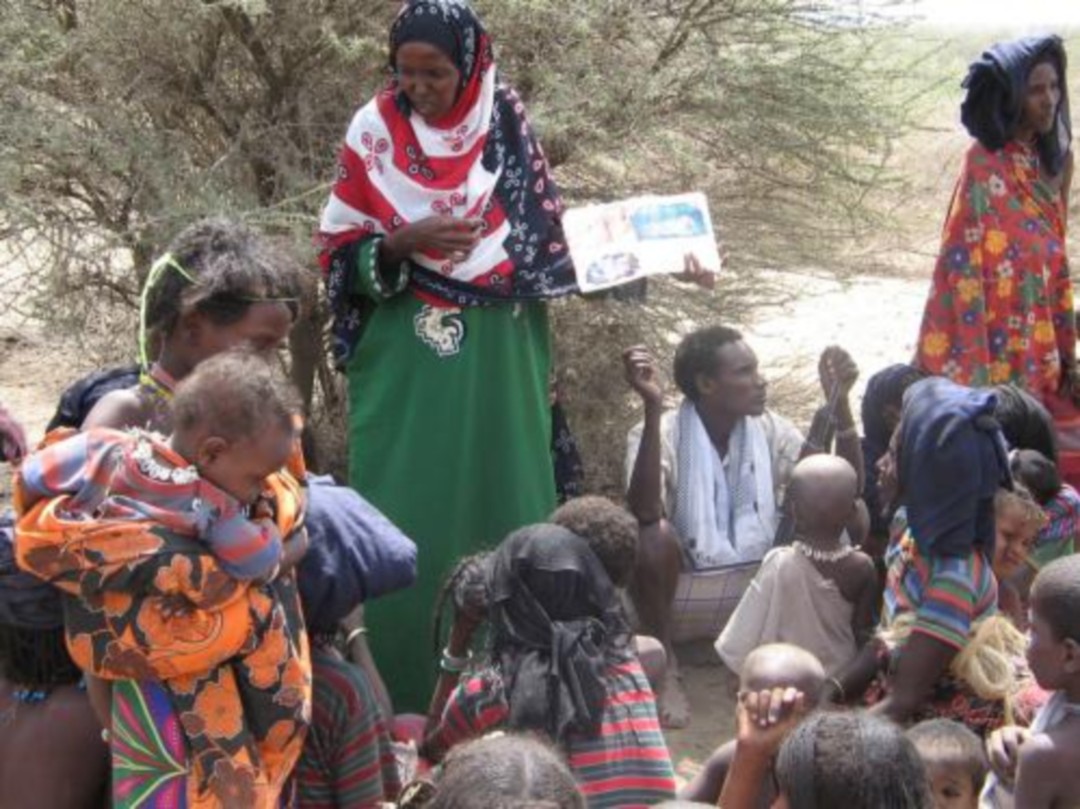
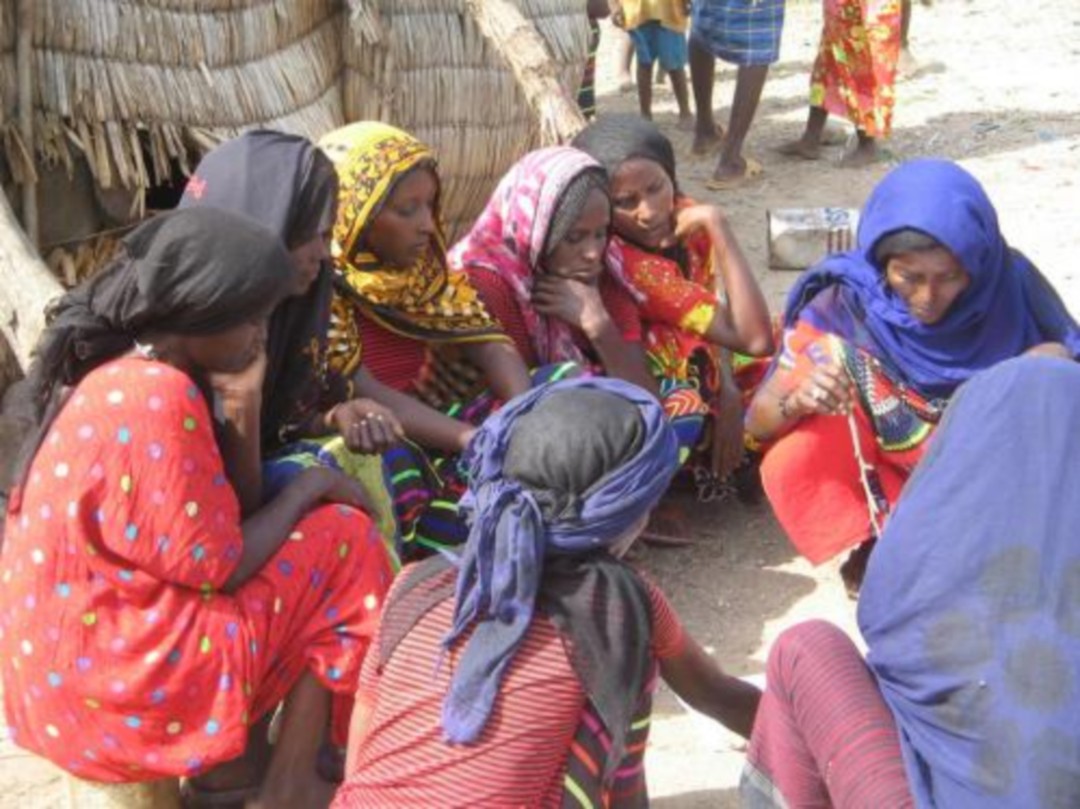
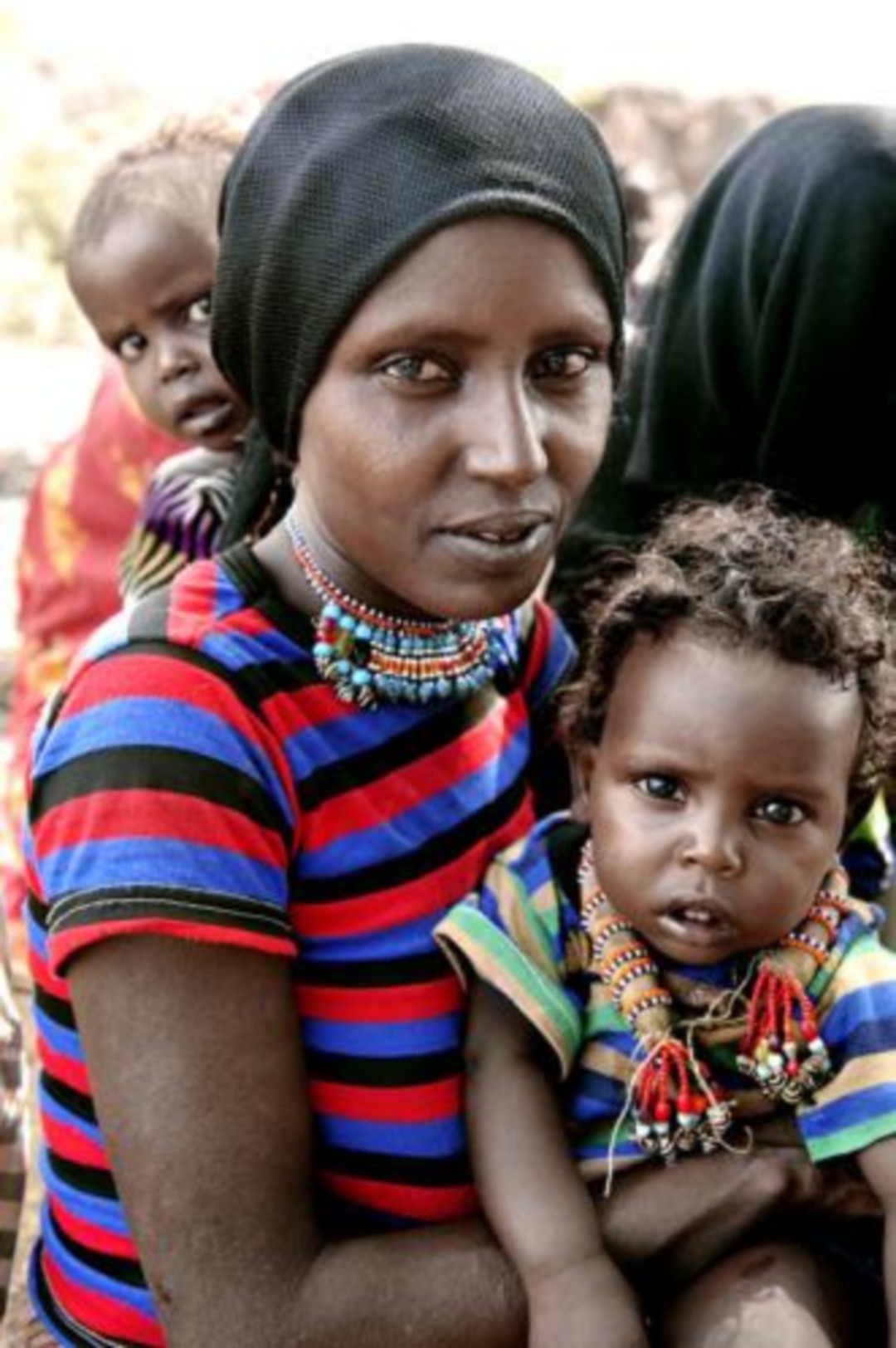

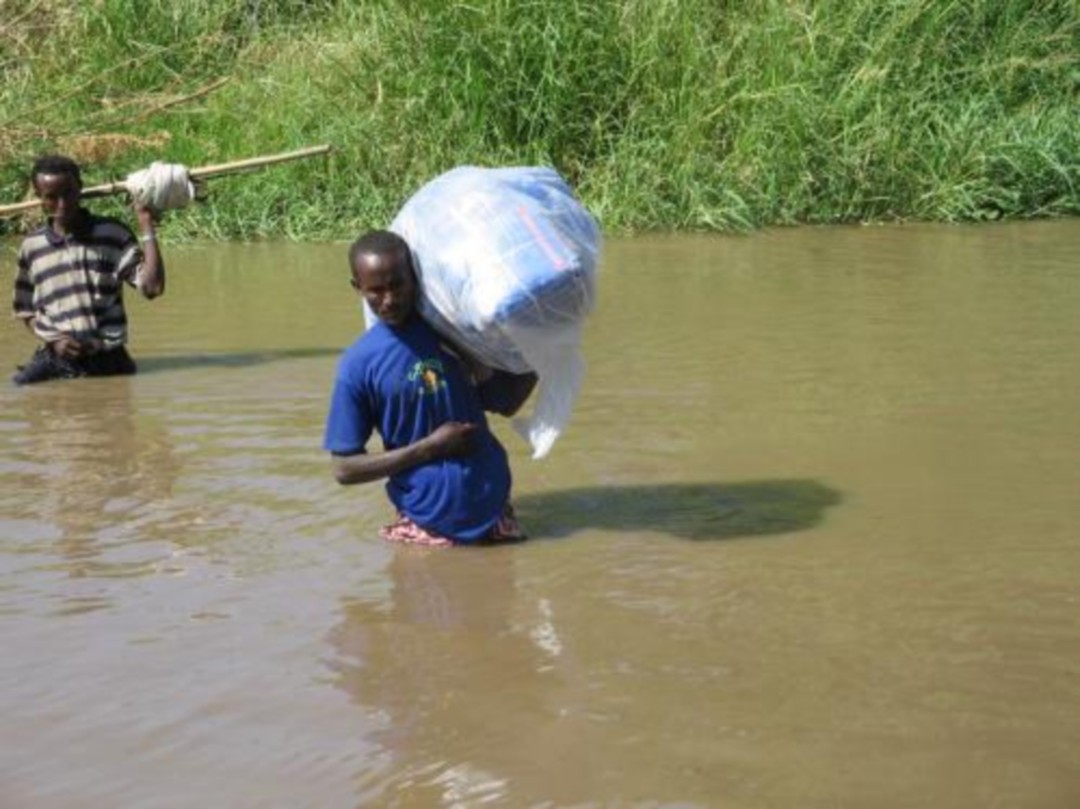
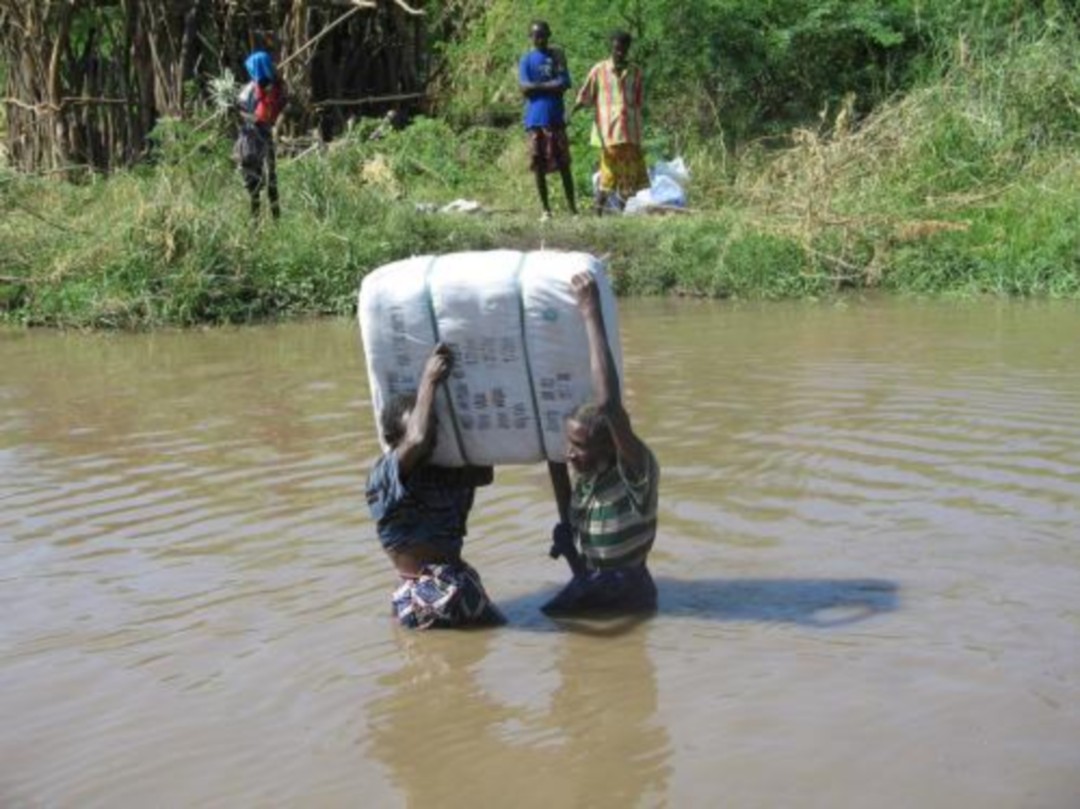
Ethiopia
Population
105 million (2017)
Per Capita Income
USD 740/year (2017)
Poverty rate *
23% (2015)
Literacy rate
39% (2016)
Human Development Index
173rd out of 189 countries (2018)
Ethiopia is the second most populated country in Sub–Saharan Africa and one of the world’s poorest countries. Although economic growth is hindered by chronic food insecurity, it has enabled positive trends in reducing poverty, in both urban and rural areas. The absolute poverty rate dropped from 46% in 1995 to 8.7% 2016. Over the past 20 years, primary school enrolment has quadrupled, child mortality has been halved and access to clean water has doubled. Good progress has also been made in the fight against malaria and HIV/AIDS. The country is home to the largest refugee population on the continent (730,000 registered refugees), putting additional pressure on natural resources suffering from climate-related shocks.
Sources: World Food Program, UNICEF, World Bank, 2016 Human Development Report, Human Development Indices and Indicators (2018 Statistical Update)
*The percentage of the population living below the national poverty line.